
Supports Bone Strength
Vitamin D regulates the activity of phosphorus and calcium—two nutrients necessary for proper bone mineralization. With age, insufficient vitamin D can cause bone softening, loss of bone mineral density, and fractures. Research shows that each 10 ng/mL decrease in serum vitamin D levels is associated with a 33% increased risk of hip fracture in postmenopausal women. Vitamin K2 works together with vitamin D3 to support bone strength, as it directs calcium out of the bloodstream and into the bones, where it can increase bone mineral density. (1, 2)

Supports Cardiovascular Health
Vitamins D3 and K2 support heart health by ensuring calcium doesn’t build up (or calcify) in vascular tissue, which are leading causes of narrowed blood vessels and cardiovascular conditions. Vitamin D3 may also support healthy blood pressure and glucose metabolism. (2)

Supports Healthy Immune Function
Vitamin D plays a role in the innate immune response, which provides the first line of defense against invading pathogens. It helps to enhance the production of antimicrobial compounds and other defensive immune cells, as well as strengthen cells’ physical barrier function to keep pathogens out. In one meta-analysis, people who took vitamin D supplements had a 19% reduced risk of developing infections in the respiratory tract. (3)

Supports Healthy Mood
The therapeutic use of sunshine or light therapy for mood disorders has been used for centuries. Studies show that maintaining healthy vitamin D levels or taking vitamin D supplements significantly improves mood and mental health conditions. (4)

Supports Dental Health
A protein called osteocalcin is dependent on vitamin K2, which increases dentin production—the tissue under the tooth’s enamel. Due to its ability to take calcium from the bloodstream and deposit it into teeth, vitamin K2 can slow down the tooth loss that is common with age. (2)


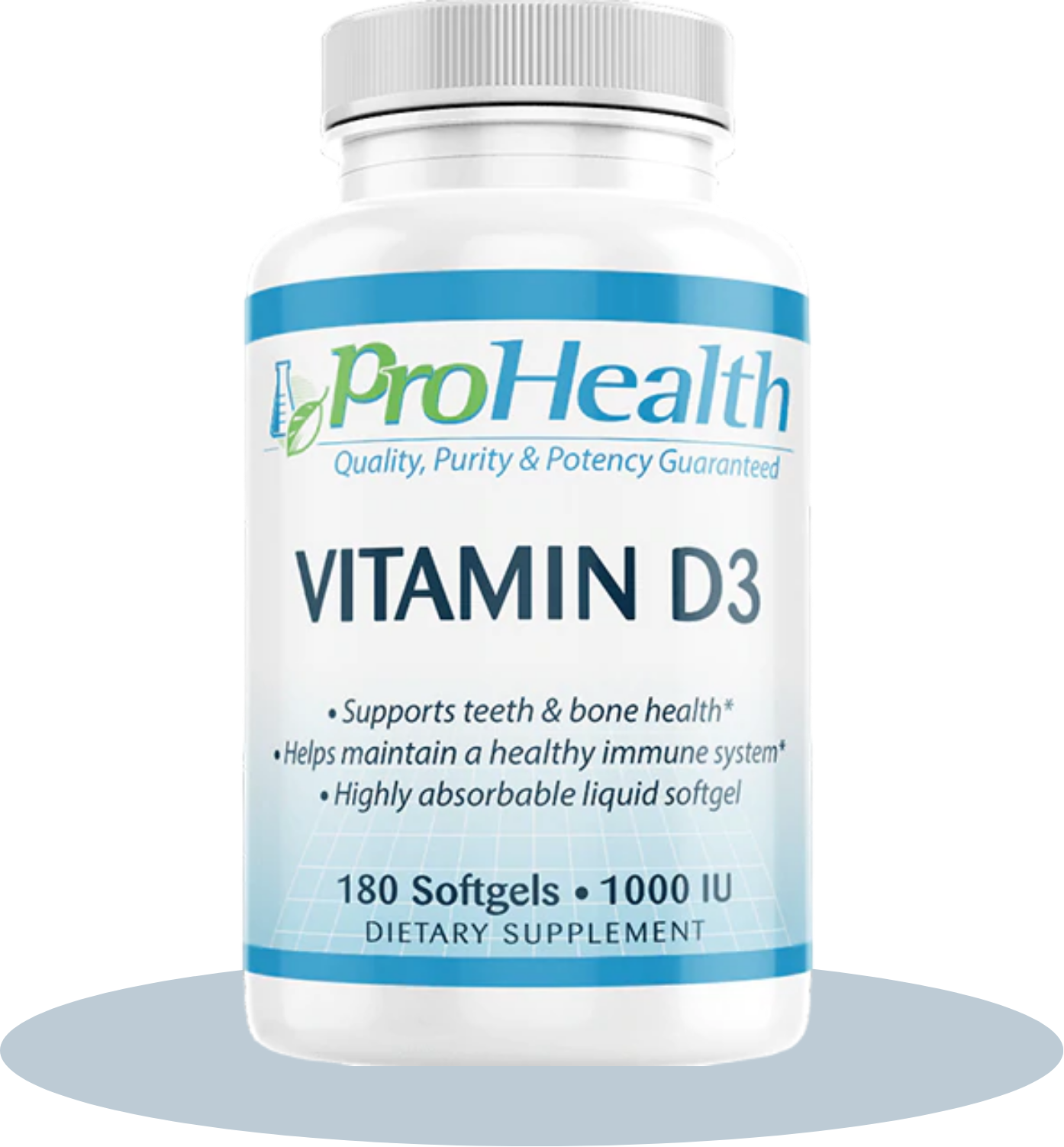


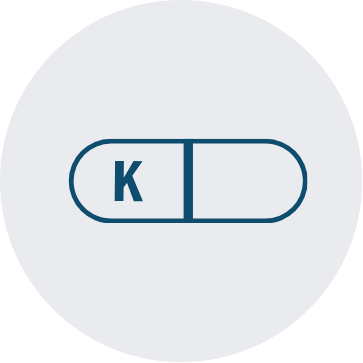








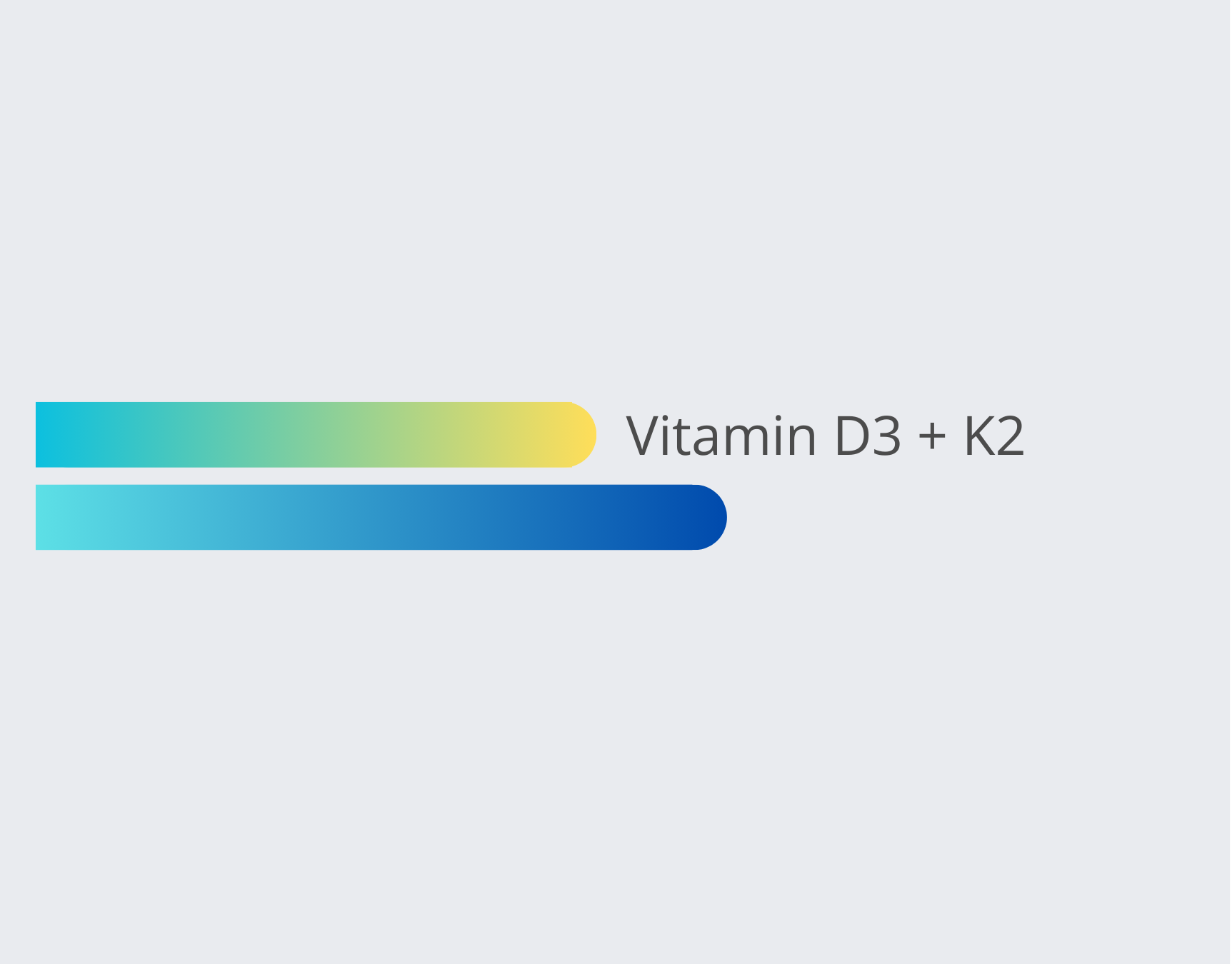





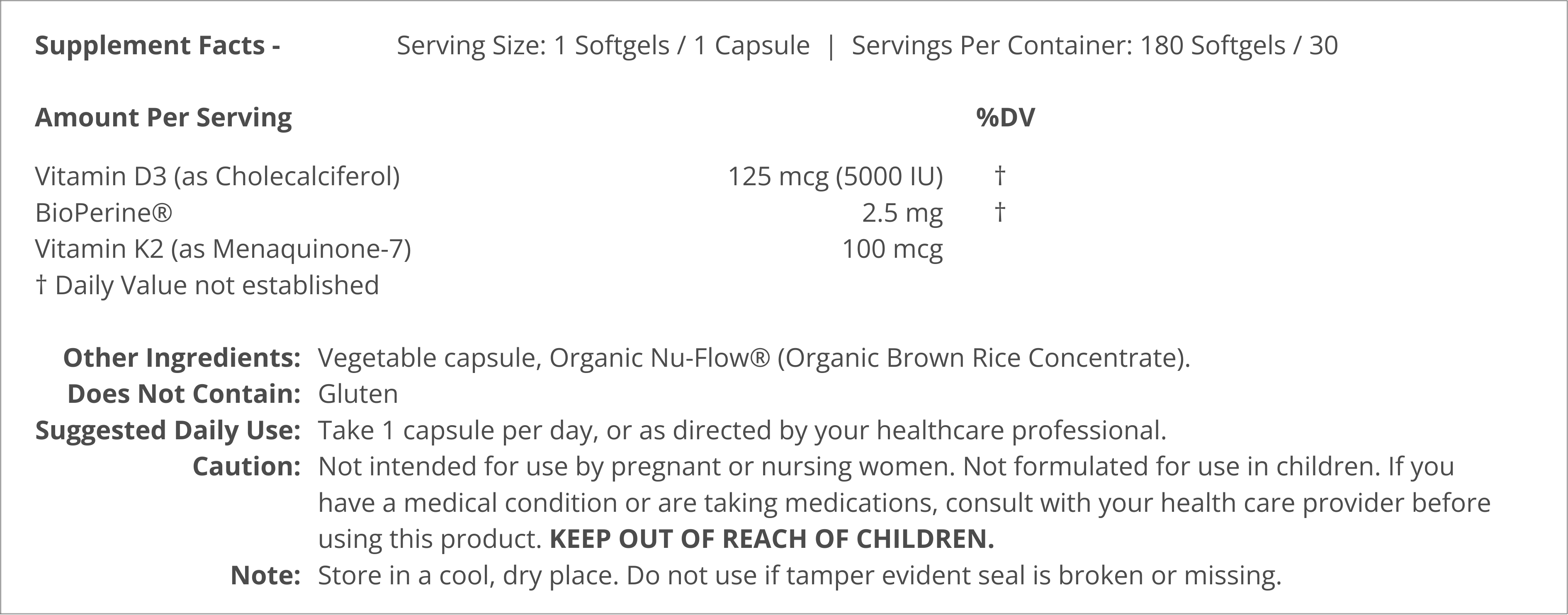














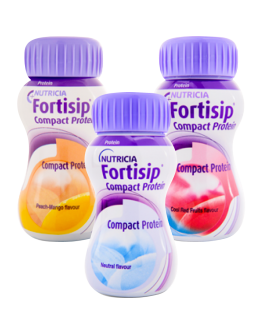

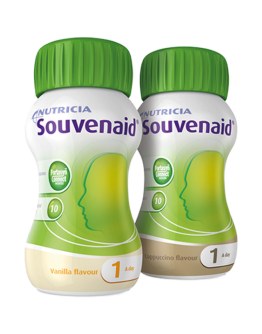





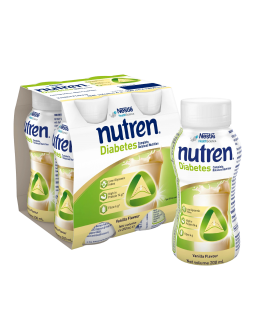
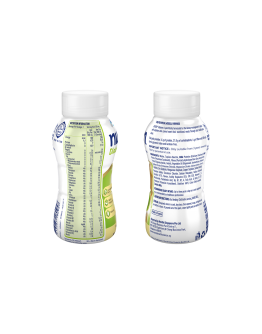
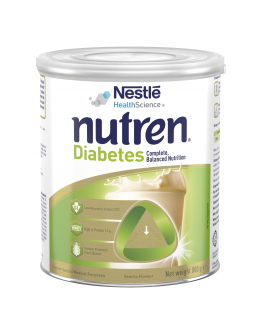
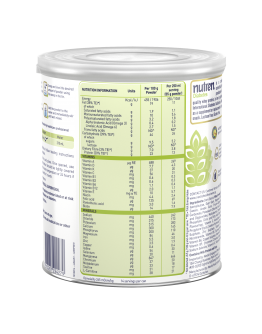





-262x334.jpg)






